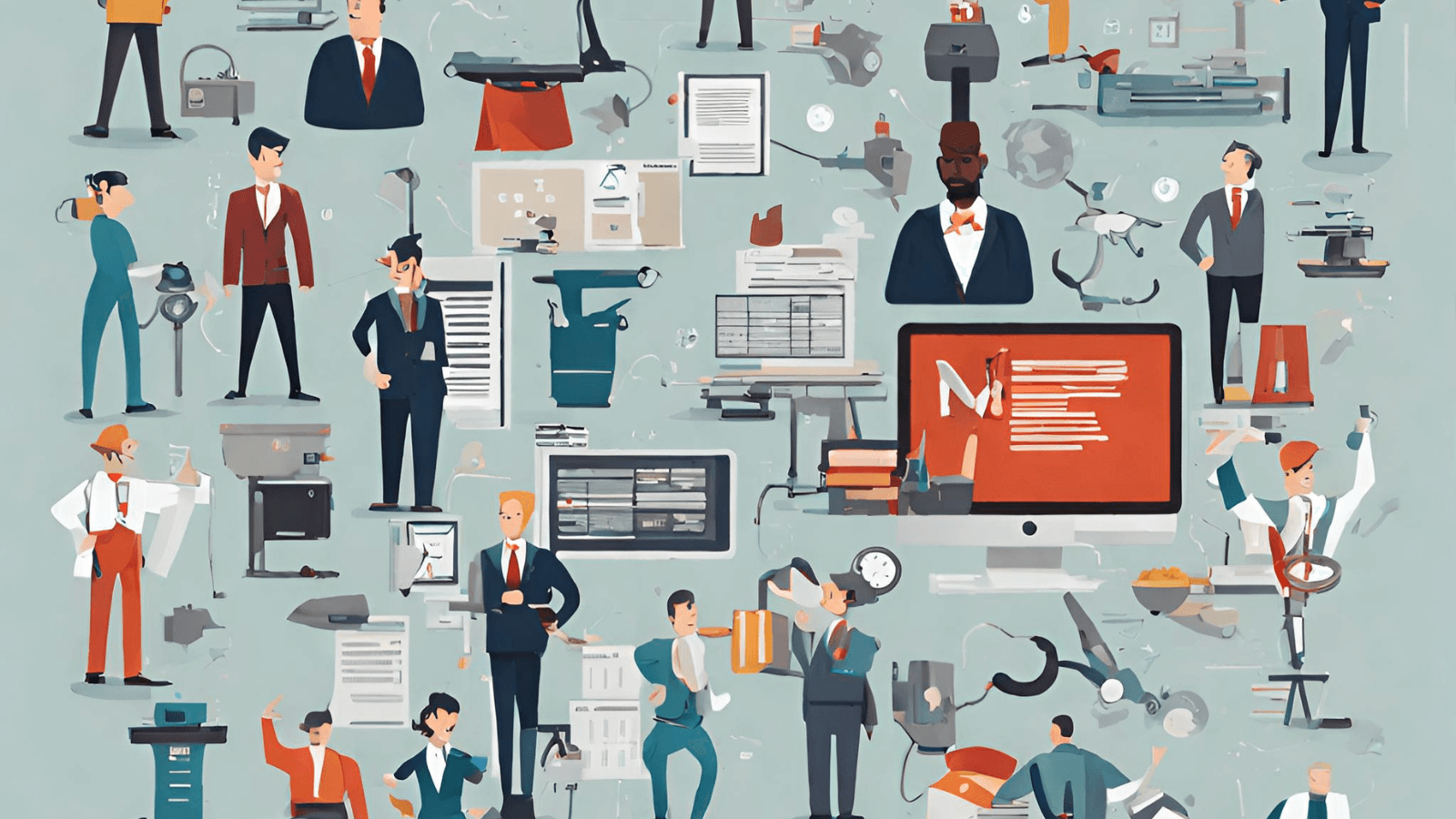In today’s rapidly evolving workplace, Millennials are a driving force, bringing with them a fresh perspective on what it means to have a fulfilling career and balanced life. Born between the 1980s and 2000, Millennials are not just reshaping the workforce; they are redefining the very essence of work, collaboration, and success. This comprehensive guide delves into the nuances of engaging Millennials, emphasizing the importance of flexibility, purpose, and integration of work and life. With insights from Jappreet Sethi, a renowned leadership coach and HR expert, we explore strategies to create a workplace that resonates with this influential generation.
Valuing Diversity and Inclusion
Millennials place a high premium on diversity and inclusion, viewing them as essential for innovation and growth. An inclusive workplace that celebrates diverse backgrounds and perspectives not only fosters creativity but also enhances problem-solving capabilities. For instance, a team composed of individuals from varied cultural, educational, and professional backgrounds is likely to approach challenges with a wider array of solutions, leading to breakthrough innovations. On the flip side, a lack of diversity can stifle creativity and alienate talented Millennials who seek out environments where diversity is not just welcomed but celebrated. “Inclusion is not just a buzzword for Millennials; it’s a fundamental expectation for their workplace,” says Jappreet Sethi.
Work-Life Integration Over Balance
The concept of work-life balance has evolved into a more dynamic model of work-life integration among Millennials. This generation values the ability to blend work and personal life seamlessly, allowing for flexibility in when and where work gets done. For example, a Millennial might prefer to start their day later to accommodate a morning fitness class, working into the evening to complete their tasks. The consequence of not offering such flexibility can be significant, leading to lower job satisfaction and higher turnover rates. Organizations that recognize and support the integration of personal and professional lives are more likely to attract and retain Millennial talent.
The Digital Native Advantage
Millennials, often referred to as digital natives, expect technology to be an integral part of their work environment. They leverage digital tools to enhance productivity, communication, and collaboration. An organization that fails to provide up-to-date technology may find itself at a disadvantage, struggling to appeal to a generation that values efficiency and innovation. Implementing modern tech solutions not only meets Millennials’ expectations but also propels the organization forward by streamlining processes and improving outcomes.
Seeking Purpose and Impact
Millennials are driven by a desire to contribute to something greater than themselves. They seek roles that offer a sense of purpose and the opportunity to make a positive impact on the world. Organizations that articulate their mission clearly and demonstrate their commitment to social and environmental causes are more likely to resonate with Millennials. A job that lacks a clear purpose or fails to align with their values can be a deal-breaker for many in this generation. “Millennials aren’t just looking for a job; they’re looking for a calling,” Jappreet Sethi remarks, highlighting the importance of meaningful work.
The Demand for Flexibility
The traditional 9-to-5 workday is increasingly becoming a relic of the past for Millennials, who value flexibility in their work schedules. This flexibility allows them to work at times when they feel most productive and accommodates their personal commitments and interests. Companies that adhere strictly to conventional work hours may find it challenging to attract Millennials, who see flexibility as essential to their overall well-being and job satisfaction.
Feedback and Growth
Millennials thrive on feedback and growth opportunities, viewing their careers as a journey of continuous learning and development. They appreciate regular, constructive feedback that helps them improve and grow. Moreover, they value mentorship and the chance to develop meaningful relationships with their leaders. An organizational culture that lacks a focus on feedback and development can seem unappealing to Millennials, who may feel stagnant and disengaged without clear pathways for advancement.
Authenticity and Transparency
Transparency and authenticity are key to building trust with Millennials. They expect open communication about the company’s goals, challenges, and successes. Organizations that maintain transparency foster a sense of belonging and loyalty among their employees, while those that operate with secrecy or ambiguity may breed mistrust and dissatisfaction. It’s crucial for leaders to be authentic and open, creating an environment where Millennials feel valued and heard.
Engaging Millennials in the workplace requires an understanding of their unique values and expectations. By embracing diversity, offering flexibility, leveraging technology, and focusing on meaningful work, organizations can create a culture that attracts and retains this pivotal generation. Jappreet Sethi wisely advises, “To truly engage Millennials, organizations must move beyond traditional paradigms and embrace the nuanced, dynamic approach that this generation embodies.” As we navigate the changing landscape of the workplace, it’s clear that adapting to the needs of Millennials is not just a strategic advantage but a necessity for creating a vibrant, innovative, and cohesive work environment.
The future of work is not about adhering to the status quo but about breaking down barriers, fostering inclusivity, and building workplaces that reflect the values and aspirations of all generations. As Millennials continue to make up a larger portion of the workforce, their influence on workplace culture and practices will only grow. By listening to their needs and adapting accordingly, companies can ensure a future where work is not just a place to go, but a meaningful part of a well-integrated life. Share this insight and follow for more updates on creating inclusive, dynamic workplaces that thrive on diversity, purpose, and innovation.










